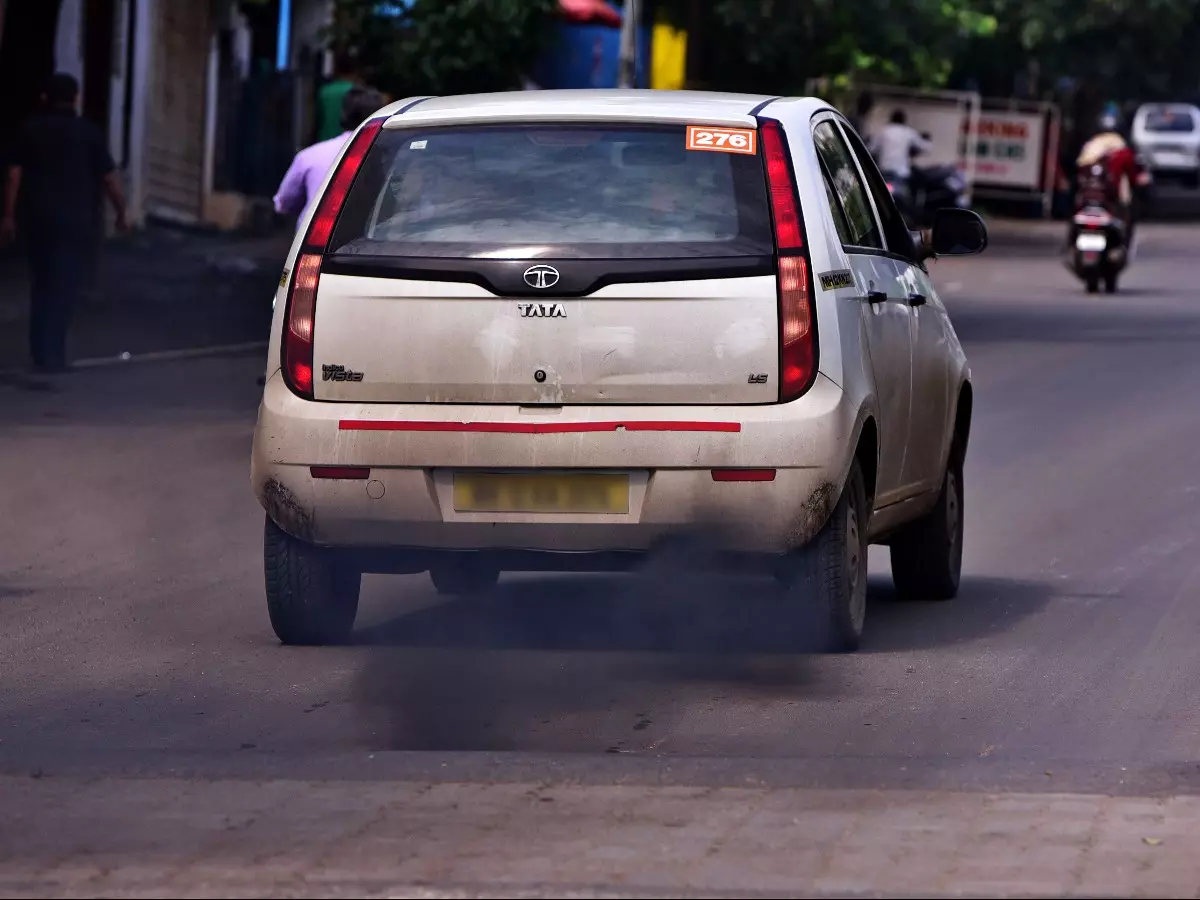This Indian Startup Will Let You Calculate Your Carbon Footprint And Help To Reduce It
Lowsoot's platform helps users to calculate their carbon footprint and then erase them by funding any such initiatives.

The growing carbon footprint - the amount of greenhouse gases that are generated by our actions has been a matter of concern for environmentalists, policymakers and governments across the globe.
With climate change becoming an existential threat to several species, including us humans and our planet as a whole, there is an urgent need to undo the damages done over the past decades.
 BCCL
BCCL
Greenhouse gases, including emissions from fossil fuels, are one of the main contributors to the increasing carbon footprint.
In 2015, the Intergovernmental Panel on Climate Change (IPCC) in the Paris Agreement had said that if we fail to keep the global temperature rise to 1.5 degrees by 2050 from the preindustrial levels, there will be a mass climate catastrophe including several species becoming extinct and large scale displacement of humans.
 AFP
AFP
At this stage, the goal is still regarded ad achievable and one of the main factors that are going to decide our future is how much carbon footprint we will be able to reduce.
From more sustainable fuels to food and lifestyle major changes are required at the policy level to individual choices to make this happen.
An Indian startup is on this mission - to help individuals to calculate their carbon footprint and guide them through methods to reduce it or help negate it.
Lowsoot, a Bengaluru-based startup is working with a goal to help the world reach carbon neutrality by 2050.
It was founded by Sachin Sengar, who has worked with several startups ranging from hospitality to sustainability.
 Sachin Sengar
Sachin Sengar
"I was working in the hospitality industry and realized that almost 40-50 per cent of the electricity used there is wasted. So I built a platform to tackle it using data and automation. We collected usage data and based on that we gave some inputs that helped such properties to reduce their usage by 30%. That is how I got into the field of sustainability," Sachin Sengar, CEO of Lowsoot told Indiatimes.
Based on the knowledge he gained from this, Sengar then began applying it to the issue of climate change and how to mitigate it.
 BCCL
BCCL
"There are two things that we need to do. First, reduce the rate at which we are putting CO2 into the atmosphere. Second, we need to suck carbon back from the atmosphere. This includes modern technology and methods like increasing the green cover - by planting trees, that can suck CO2 from the atmosphere," Sengar said.
Lowsoot's platform helps users to calculate their carbon footprint and then erase them by funding any such initiatives.
 Lowsoot
Lowsoot
"An average urban Indian has around 4 tonnes of carbon footprint. So you can pay around Rs 1,900 to an initiate of their choice to erase it. We have several NGOs on board, who are involved in all kinds of sustainability initiatives. One of them is an NGO that is growing a mangrove forest in the Sundarbans. A mangrove tree is capable of sucking 2 tonnes of CO2 from the atmosphere a year. So if your carbon footprint is 4 tonnes, then you can pay them to plant and nurture two mangrove trees for three years," he explained.
 Representtaional Image
Representtaional Image
According to Sengar his company then verifies the work done by the NGO, both on the ground and based on scientific data which is then communicated to the user who paid the amount.
Climate change is a phenomenon that is not limited to a specific area or even a country. But the impact of it is felt on different communities in different ways.
"If we talk about India, the carbon footprint is still an urban problem. Someone who lives in a tier two city or a village doesn't emit much carbon into the atmosphere like someone who lives in a city like Delhi. A person living in a village on average emits less than 500 kgs of CO2 into the atmosphere, whereas for a Delhi resident it will be around 4,000 Kgs a year. So it is still largely their responsibility to negate the carbon footprint," he said.
 Lowsoot
Lowsoot
He also said that funding an organization to erase your carbon footprint is not enough and actions should begin at the individual level.
"If all you have to do is to allow people to calculate their carbon footprint and offset it, then it will create bad habits in people. Instead, we also provide directions to users to reduce their carbon footprint by making some lifestyle changes. Then they can come back and calculate again and see how much carbon emission they have been able to reduce. Only after this, they should consider offsetting it" Sengar said.
Other than individuals, Lowsoot also works with companies to quantify their carbon footprint and help them channelize their initiatives to mitigate it.
